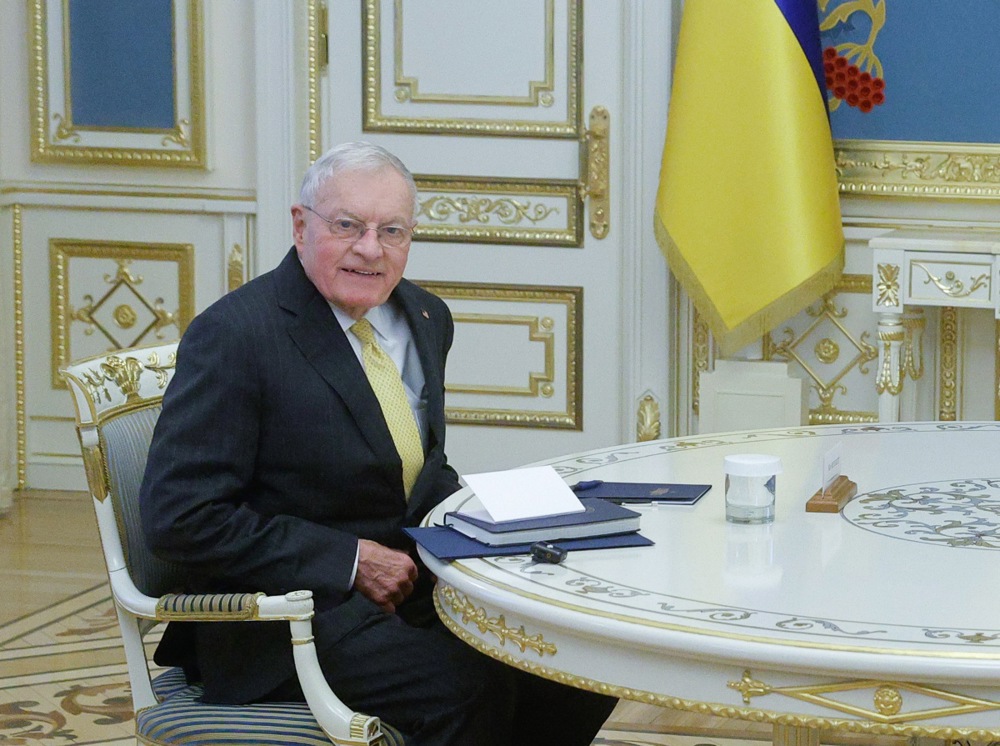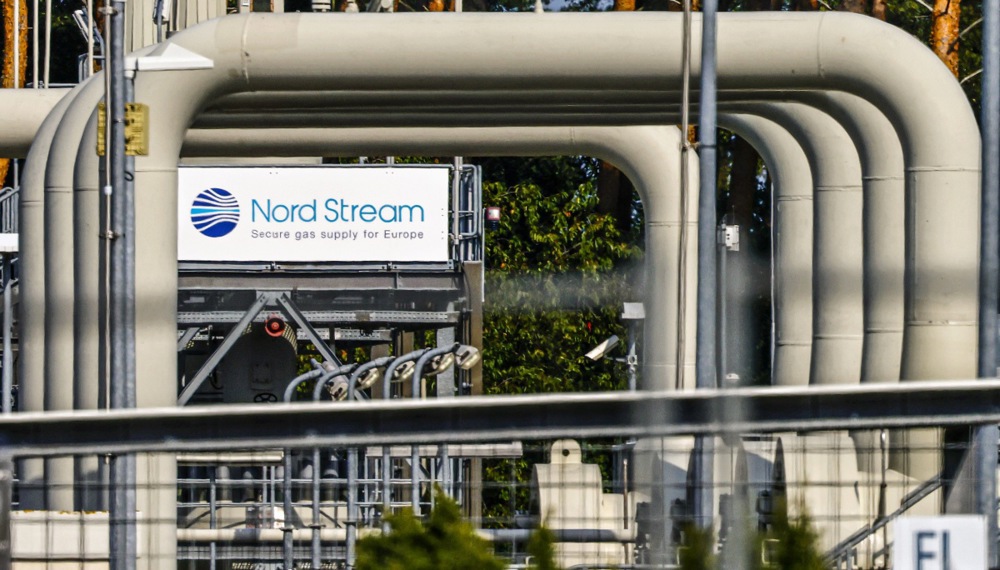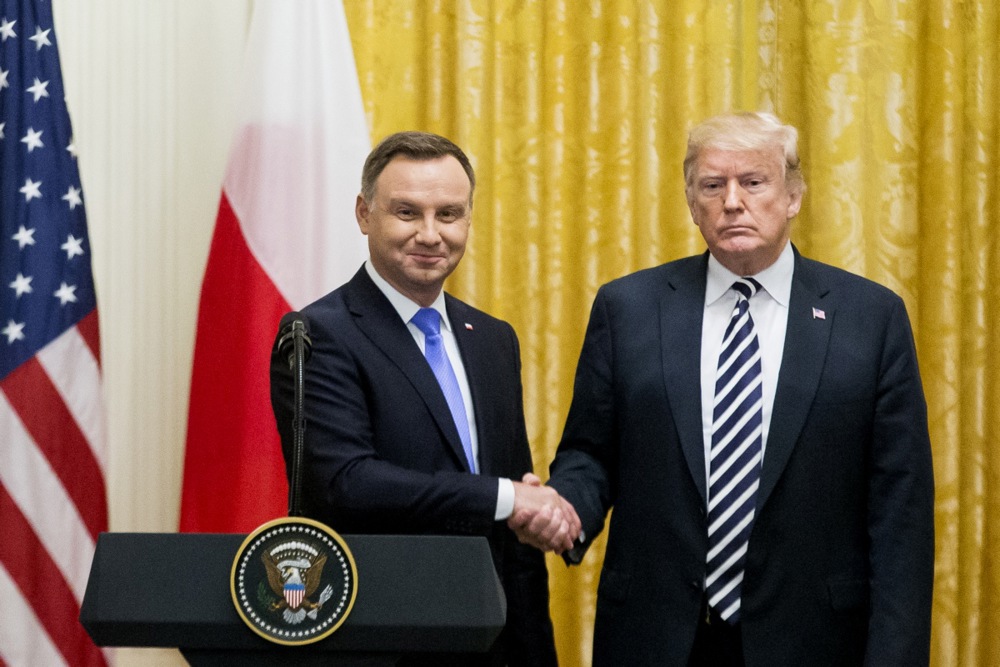Neither the Polish President nor anyone from the Polish Government was present at the meeting held in the White House at which US President Donald Trump met Ukrainian President Volodymyr Zelensky together with European leaders.
Despite having been involved in two teleconferences between Trump and European leaders before and after the meeting on August 15 between Trump and Russian President Vladimir Putin, Polish President Karol Nawrocki was not invited to attend the meeting on August 18 in Washington with Zelensky and European leaders to discuss the war in Ukraine.
No country from the Central and Eastern European region was represented at the talks despite the fact that Romania and Hungary, like Poland, have borders with Ukraine, while the Czech Republic has been active in the efforts to help Kyiv.
Poland’s absence was the most puzzling since it borders Ukraine and has become NATO’s highest defence spender in relation to GDP. Countries including Italy and Finland were present, along with the president of the European Commission Ursula von der Leyen, British PM Kier Starmer, French President Emmanuel Macron and the German Chancellor Friedrich Merz.
Poland, though, said it would not be prepared to have its troops present in Ukraine after any eventual peace deal whereas France and the UK have declared readiness for having their armed forces on the ground.
Nawrocki sought to reassure the Polish public over the country’s absence from the talks in Washington by stating that its views would not be ignored and that he was due to visit Washington for a bilateral meeting with Trump on September 3.
Nawrocki, who is backed by the opposition Conservatives (PiS), and the centre-left Polish coalition government led by Prime Minister Donald Tusk have blamed each other for the lack of a Polish representative at the Washington talks.
The Polish President said the government had participated in all the meetings of the “coalition of the willing”. That is the group of 33 countries that have pledged support for Ukraine against Russia. He added “it was President Zelensky who invited the European leaders” to Washington and did not invite the Polish Government.
That coalition of 33 held an online meeting on August 17 at which Poland was represented by foreign minister Radosław Sikorski.
Sikorski on August 18 replied to Nawrocki’s comments stating it was Trump who invited leaders to the White House. He added he was surprised Nawrocki had not been able to use his claimed good relations with the US President’s administration to get an invite to the Washington meeting, despite having been invited to teleconferences on Ukraine by Trump.
The absence of a Polish representative in Washington drew the ire of some opposition politicians, who argued that it marginalised Poland’s position on the international stage.
“Apparently, neither the US nor Ukraine saw any reason for talking to us. Despite our enormous assistance for Ukraine and our geographical location, we count for less than Finland. It’s just sad,” said Sławomir Mentzen, one of the leaders of the right-wing Confederation party.
PiS politicians preferred to criticise Tusk for his comments about Trump in which he had called the US President a Russian agent, making the Polish PM persona non grata in Washington.
The actual summit of August 18 has brought closer a potential meeting between Russia and Ukraine on ending the war in the wake of the European Union and Europe being ready, in principle, to offer Ukraine security guarantees. In addition, Trump pressing Putin for the Russian President to meet directly with Zelensky and stating he was ready for a three-way meeting between the US, Russia and Ukraine was also hailed.
The detailed arrangements for such guarantees, though, are far from being worked out and it is not clear if Russia has shifted on its stance that any presence of NATO countries’ forces in Ukraine after the end of the war would be unacceptable.
Macron suggested a four-way format for talks about Ukraine and European security – the US, Russia, Ukraine and Europe – but did not elaborate on who would represent Europe at any such talks.





